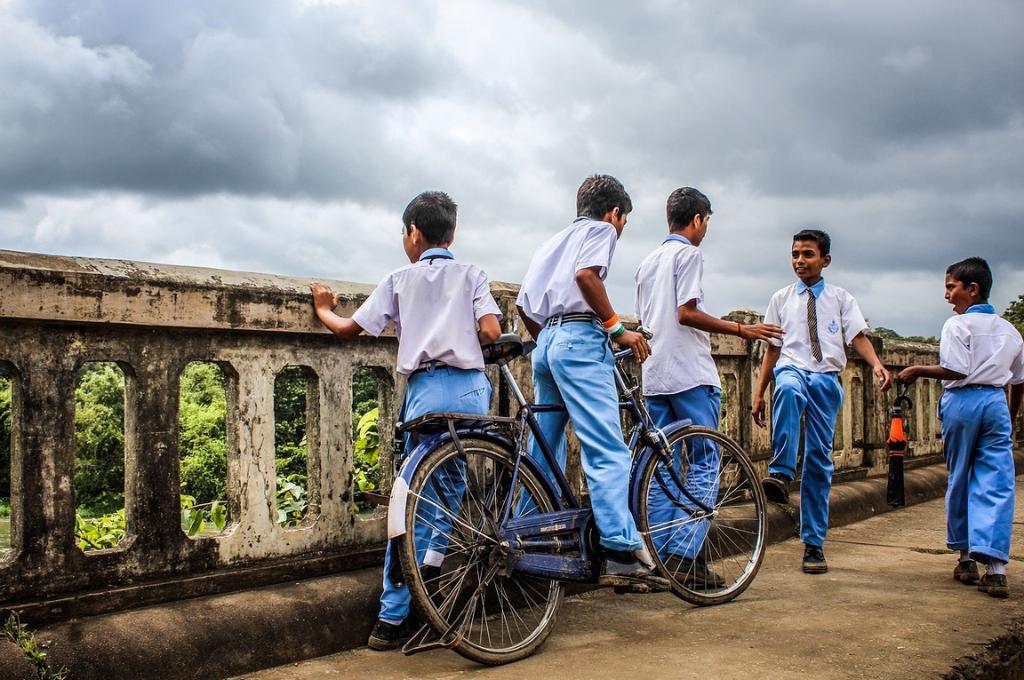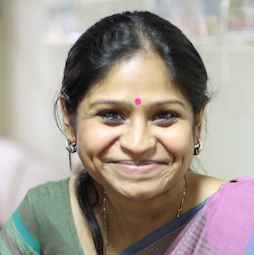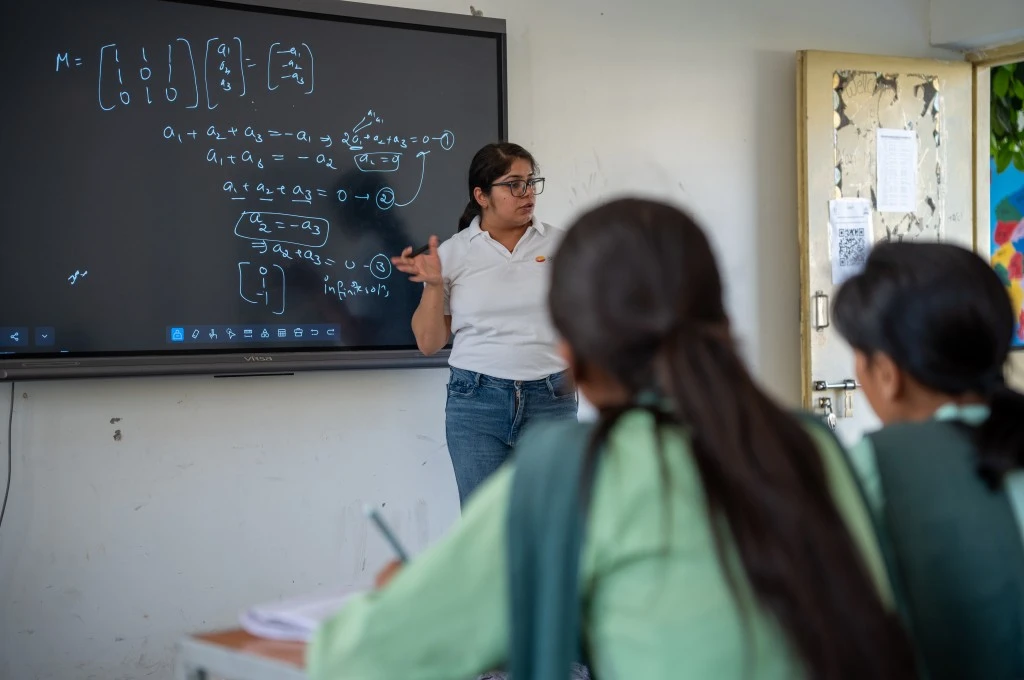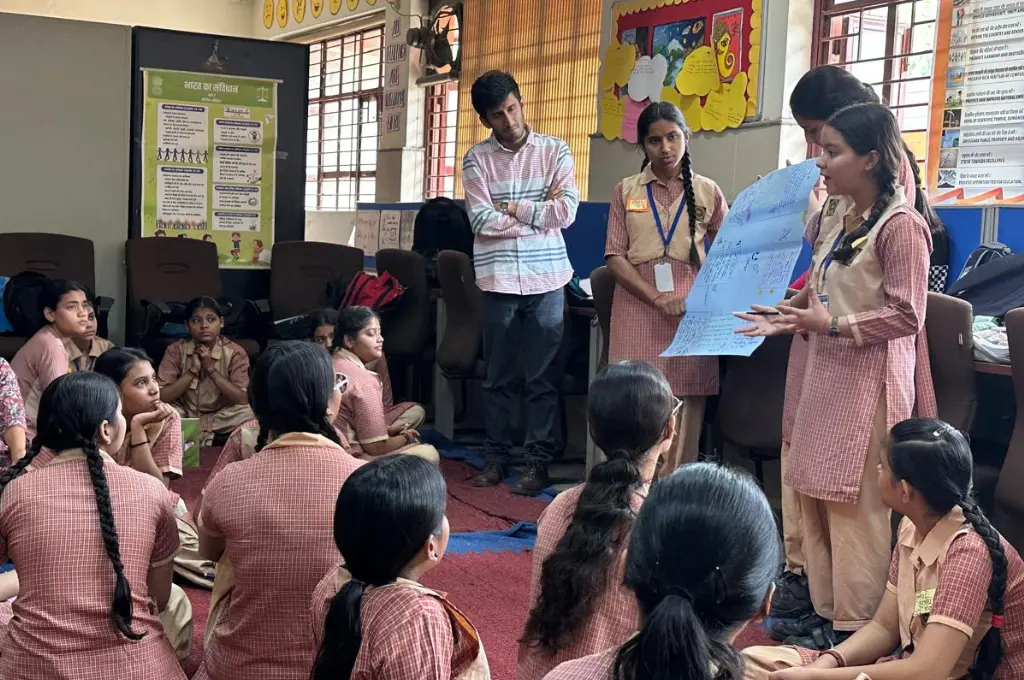Research conducted on the value of life skills has demonstrated its short-term and long-term impact, such as reduced emotional distress and increased classroom engagement, well-being, and academic performance. Measuring such skills is important as it helps gauge the effectiveness of the intervention, identify students who may need extra support, and inform policy and practice.
The National Education Policy 2020 recognises and ably articulates the importance of life skills in the Indian education landscape, and eight Indian states—Delhi, Uttarakhand, Karnataka, Jharkhand, Telangana, Nagaland, Uttar Pradesh, and Tripura—have introduced curriculums and teacher training to promote the social and emotional skills of students and teachers.
But how do we really know if these interventions are working in our local contexts? A straightforward response would be to assess the targeted skill sets of the participants before and after an intervention to understand its effectiveness. But collecting data at periodic intervals by default does not guarantee that this data and the measured changes are contextually and culturally appropriate.

In 2022, the Dream a Dream research team tried to understand the need for life skills intervention in government schools in Telangana’s Kondurg district. As part of the research, we asked teachers whether they had heard of life skills and if they could elaborate on what it means. A majority of the respondents defined life skills as ‘any skill that makes life easier’, and listed cooking, cleaning, and driving as examples. Although this response is arguably correct, we had intended something different.
Most of us who undertake field visits can admit that such situations arise more often than we would like to confess. Without an understanding of the community and their culture and norms, the questions we ask and the data we collect might not be useful, regardless of the methods employed. A contextual knowledge of the community needs to be at the core of life skills interventions since the various domains of life skills—such as communication, conflict resolution, and teamwork—are understood and operationalised differently across cultures.
Lack of contextual knowledge and unconscious penalisation of students
Though Eastern education philosophy has traditionally espoused concepts of holistic education, which included the social, ethical, emotional, and moral development of students, the scientific tools for measuring these skills were pioneered in the West in the late 1930s. Many life skills measurement tools such as the Devereux Early Childhood Assessment, Social-Emotional and Character Development Scale, and Social Skills Improvement System Rating Scales were developed in Western countries. Therefore, the questions being asked in a survey based on these tools might not be relevant for a community outside of the West. Even if the skills covered by the survey tool are relevant, it may not be able to capture cultural nuances.
For example, while independence is encouraged in the West, accomplishing tasks in a team is encouraged in collectivist societies such as India. Likewise, eye contact is encouraged in conversations in the West, but in many cultures, especially in Asia, eye contact with older people is discouraged or considered disrespectful. So, if a survey tool standardised for a Western population is used in India, students are likely to be scored differently even if they are competent in a particular skill.
The language used in the construction of the tool is another factor of concern. Although students in English-medium schools across India are taught the language, the meanings attached to specific words may vary based on their cultural contexts and understanding of the mainstream usage of the language. For instance, in one of our assessments, students from a low-income rural school had difficulty understanding the statement ‘I share my problems with others.’ Through conversations with the students, our team realised that they associated ‘sharing’ with materials that can be physically divided such as chocolates and pencils, and use ‘talk/say’ when it comes to communicating something that is on their mind. So, by design, assessments can favour those with an understanding of the mainstream usage of language and unconsciously remain challenging for students who do not have that same kind of access or exposure.

Furthermore, life skills are interconnected and have varied dimensions—each skill has multiple characteristic attributes. For example, within the domain of ‘working with others’, the skills required to successfully complete a project would be different in a controlled space such as a classroom versus an open space such as a playground or a picnic. The complexity intensifies when students are comfortable expressing their skills in certain environments but suppress themselves in other spaces because of social norms. For instance, due to skewed power dynamics in the community, students from marginalised castes might not voice their opinions or initiate conversations in a classroom that they share with dominant caste students from the same locality. Their lack of interaction or communication in a classroom environment might not be an adequate reflection of their skill set. Therefore, when assessments do not consider these social realities, they produce inaccurate data that is neither reflective of the student and their social context nor useful in decision-making.

Keeping student context at the centre
Knowing that every aspect of an assessment is influenced by context and local actualities, it is important to consider how they validate or invalidate a student’s abilities, identity, and culture. Intentionally creating space for different learning environments, multiple ways of demonstrating skill, and multiple types of evidence for skill improvement creates equitable and just assessment processes. More importantly, it fosters a sense of belonging among students.
The Life Skills Assessment Scale (LSAS) by Dream a Dream was one such attempt. Earlier, we struggled to measure the impact of our life skills programmes since the standardised scales available either measured specific life skills or were not contextually appropriate for disadvantaged communities. Taking the contextual realities of disadvantaged communities into consideration, the tool was designed in collaboration with clinical psychologists Dr Fionna Kennedy and Dr David Pearson. The tool enables trained staff to assess young people in different settings across various activities.
Some of the proven ways to assess life skills in a contextually relevant manner include behavioural observation in different settings, situational judgements, anchoring vignettes (getting participants to rate other people’s behaviour before rating one’s own, and using the former as an anchor to rate their individual response), and creating community-specific norms for test administration. But these methods are scattered and not readily available for public use. Addressing these access gaps and covering understudied skills such as cooperation, negotiation, and critical thinking in assessments is therefore critical.
The unlearning we need
Although the acknowledgement of the need for life skills in mainstream education in India is a laudable move, ensuring the just and equitable assessment of students’ skill requires unlearning and innovation on many fronts.
At the core of this attempt is to think about whether what we accept as legitimate evidence of learning is inclusive of different communities and their ways of learning and expression. A practical way to approach this would be to ask a few grounding questions at the launch and during the assessment process. Some examples include:
- Do we comprehend the community’s knowledge/understanding of what we are trying to measure?
- Are the measurement tools prepared with a grounded awareness of the concept? Was the measurement tool tested for validity in a particular context?
- Does the measurement process provide mechanisms to capture diverse evidence of learning/improvement from the community?
- Is the data collection approach culturally sensitive?
- Will our data analysis, interpretation, and recommendations be conducted in light of the contextual realities?
When assessment tools are developed with a grounded and intersectional lens, they can bring forth unique and nuanced insights and can ably help ascertain the effectiveness of different programmes. We must acknowledge that life skills assessment tools need to be contextually designed to ensure there are no chances of oversight or misinterpretation.
—
Know more
- Read this report on the importance of weaving life skills into school education.
- Read this article to learn more about the importance of intersectionality in social-emotional learning programmes.






